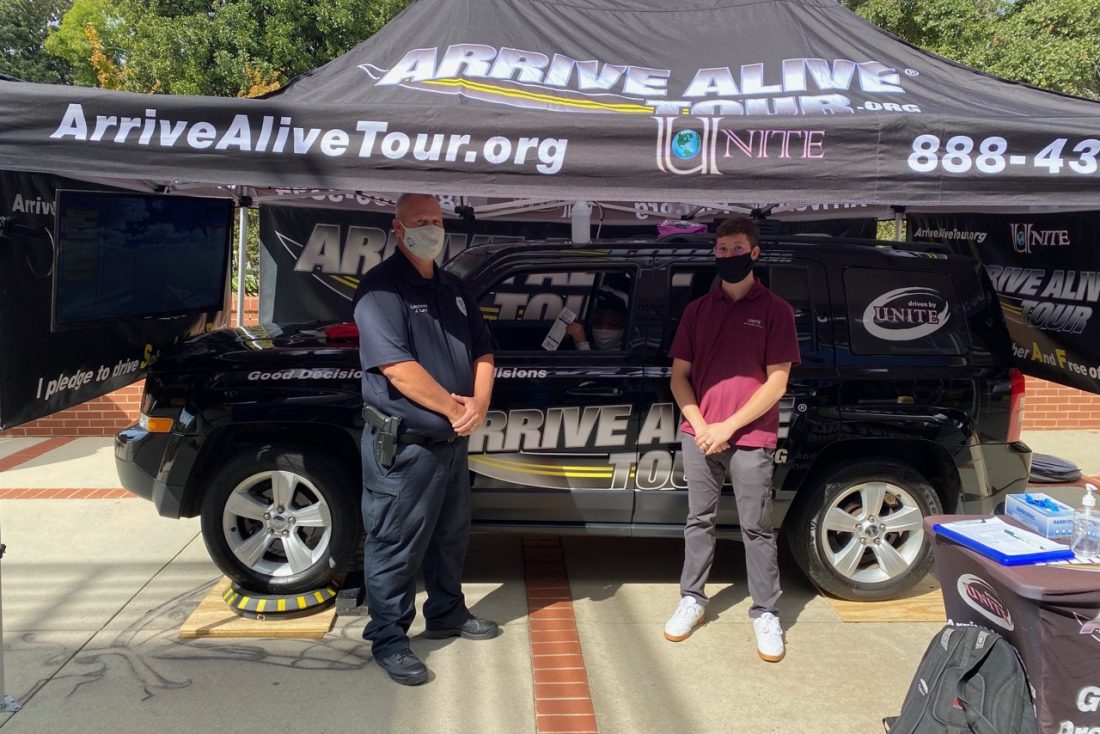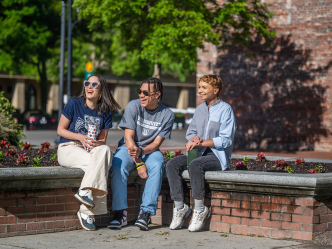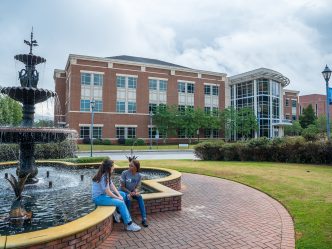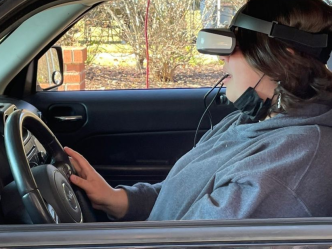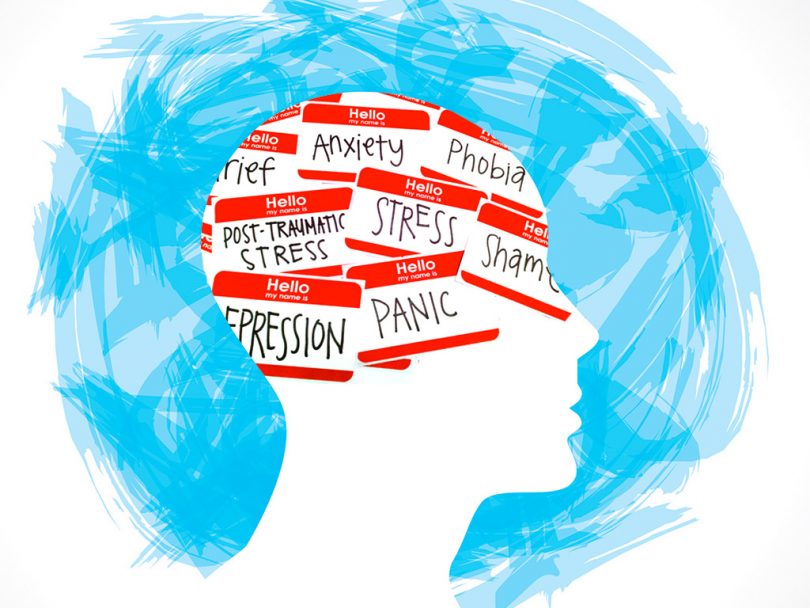Students at Augusta University got the chance to participate in the Arrive Alive Tour on Sept. 23. The program uses a high-tech simulator, impact video, and several other resources to educate the public about the dangers of impaired and distracted driving.
The simulator allows participants to experience the potential consequences of impaired driving in a controlled environment. Students were able to choose between three simulations: alcohol, distraction, and marijuana.
Samantha Denson, student wellness coordinator at Augusta University, talked briefly about the impact these programs have on the students.
“The Arrive Alive Tour has played an essential role in Augusta University’s administration of the Georgia Young Adult Program, a grant from the Georgia Governor’s Office of Highway Safety,” said Denson. “The DUI simulator provided by the Arrive Alive Tour provides our students with hands-on experience of impaired or distracted driving in a safe and controlled environment. The simulator is not only engaging, but it also educates students on the dangers of distracted and impaired driving. For our students, the simulator provided by the Arrive Alive Tour has had a real-life impact on their driving behaviors.”
Educational resources have been limited due to the COVID-19 pandemic and the CDC guidelines implemented at schools throughout the country. Despite these limitations, Arrive Alive has implemented a COVID-19 preparedness plan to keep the students, participants, and brand ambassadors safe. Each participant is required to wear a mask and follow social distancing guidelines, and all equipment is sanitized after each use. View the Arrive Alive Tour’s COVID-19 preparedness plan on their website.
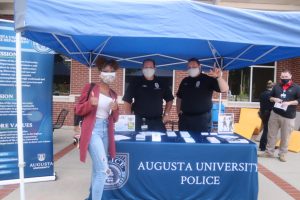 “It’s critical that we continue to educate communities on the dangers of drunk, drugged, and distracted driving despite the COVID-19 pandemic,” said Patrick DeGrasse, CEO of the Arrive Alive Tour. “Drunk and distracted driving hasn’t stopped impacting communities nationwide, so we have a duty to continue to educate those communities to make the roads a safer place.”
“It’s critical that we continue to educate communities on the dangers of drunk, drugged, and distracted driving despite the COVID-19 pandemic,” said Patrick DeGrasse, CEO of the Arrive Alive Tour. “Drunk and distracted driving hasn’t stopped impacting communities nationwide, so we have a duty to continue to educate those communities to make the roads a safer place.”
DeGrasse reiterated the importance of educational programs such as Arrive Alive and the impact they have on students: “Arrive Alive has absolutely made an impact on the communities in which we work. According to our survey data, we have seen a 94% change in behavior after participating in the simulator and then faced with the choice to drink and drive or drive distracted again. We are grateful to be able to make such a lasting impact on communities such as Augusta.”
UNITE, the company that sponsors the Arrive Alive Tour, brings health and wellness programs to high schools, colleges, and communities across the nation. Its programs are designed to heighten awareness to the dangers and consequences of impaired driving.
For more information, visit the Arrive Alive Tour site.
This article is written by guest author Nick Pitts. The article originally appeared on the Arrive Alive Tour’s website.
 Augusta University
Augusta University
